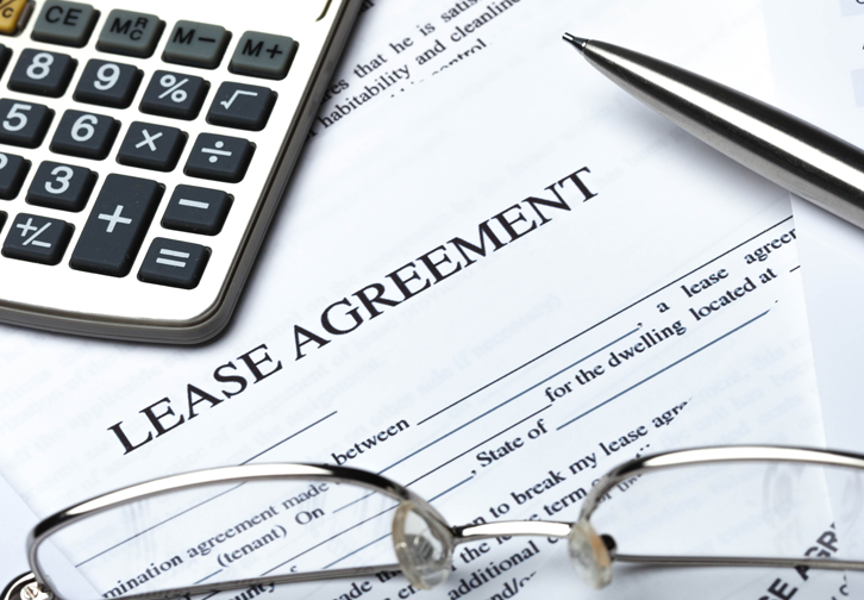Should a tenant pay for damage to your rental property?
Property Management

By continuing, you agree to our terms of use and privacy policy
Instructions on how to reset your password will be sent to the email below.
Your password reset link has been sent. Please check your inbox and follow the instructions provided.
Property Management

Read more: Risky Tenants Guide
If your tenant can be shown not to be responsible for the damage, it’s unlikely they will be held liable for the cost of repairs.
Fire, flood, storms, earthquakes, volcanoes and other natural disasters aren’t under the control of your tenant, and thus they can’t be held liable for the damages that resulted from them.
The same is true for accidents, as well as reasonable wear and tear. While it’s obvious a tenant shouldn’t be charged for being in an earthquake, the definition of “accidental” is where the line starts becoming more blurry.
If your tenant leaves a burner on for too long, for example, and ends up causing a fire, are they liable for the damages?
This exact scenario played out in the case of Heller and Rouse versus Osaki: Keni and Teiko Osaki found themselves being held responsible for a fire that ensued after a pot was left unattended on a stove. Their landlord's insurance company was pursuing them for damages.
However, in this instance, the court ruled in favour of the tenants, and it has been used as an example of the fine line between accident and intent for years afterwards. Even carelessness can be ruled as an accident, rather than negligence.
On the other hand, there have been some cases where carelessness has still resulted in a tenant needing to pay for damages. The rule may not be as hard and fast as first thought.
One last thing to keep in mind though: if your insurance covers the damage, your tenant is not held liable if they can also prove it was unintentional.
Furthermore, if your tenant is burgled, they aren’t responsible for any damage—and you should act to replace any broken locks or doors as soon as possible to ensure reasonable levels of security.
In summary, your tenant won’t need to pay if:
Rule of thumb: if the damage was unintentional, your tenant won’t pay. If it was carelessness, they might need to pay, depending on whether or not your insurance covers it. If it was intentional, then you can seek damages.
The cases in which a tenant would need to pay for repairs are threefold:
If your tenant smashes a window in anger, pulls down a wall to renovate without your permission, tries to cook meth in the home or does something of that ilk, they can be pursued for damages.
If this is the case, you can send a 14-day notice to request that the cost be recovered from your tenant. If they refuse i.e. an agreement can’t be reached after that time, you’ll need to get in touch with the Tenancy Tribunal. They will provide a mediator to assist with reaching an agreement.
If no agreement can be reached again, you can go and state your case at a Tribunal hearing. The conclusions reached here by the court are legally binding and, should they rule in your favour, your tenant will be required by law to reimburse you (or any other orders made).
Worried about P contamination? This is what you need to know.
To wrap it up, if your tenant is at fault, they need to pay. If the damage is wear and tear, or the tenant is not at fault, you (or your insurer), will need to pay. If there are any questions as to who is at fault, the Tenancy Tribunal can help figure it out.
From the top of the North through to the deep South, our salespeople are renowned for providing exceptional service because our clients deserve nothing less.
Managing thousands of rental properties throughout provincial New Zealand, our award-winning team saves you time and money, so you can make the most of yours.
With a team of over 850 strong in more than 88 locations throughout provincial New Zealand, a friendly Property Brokers branch is likely to never be too far from where you are.
